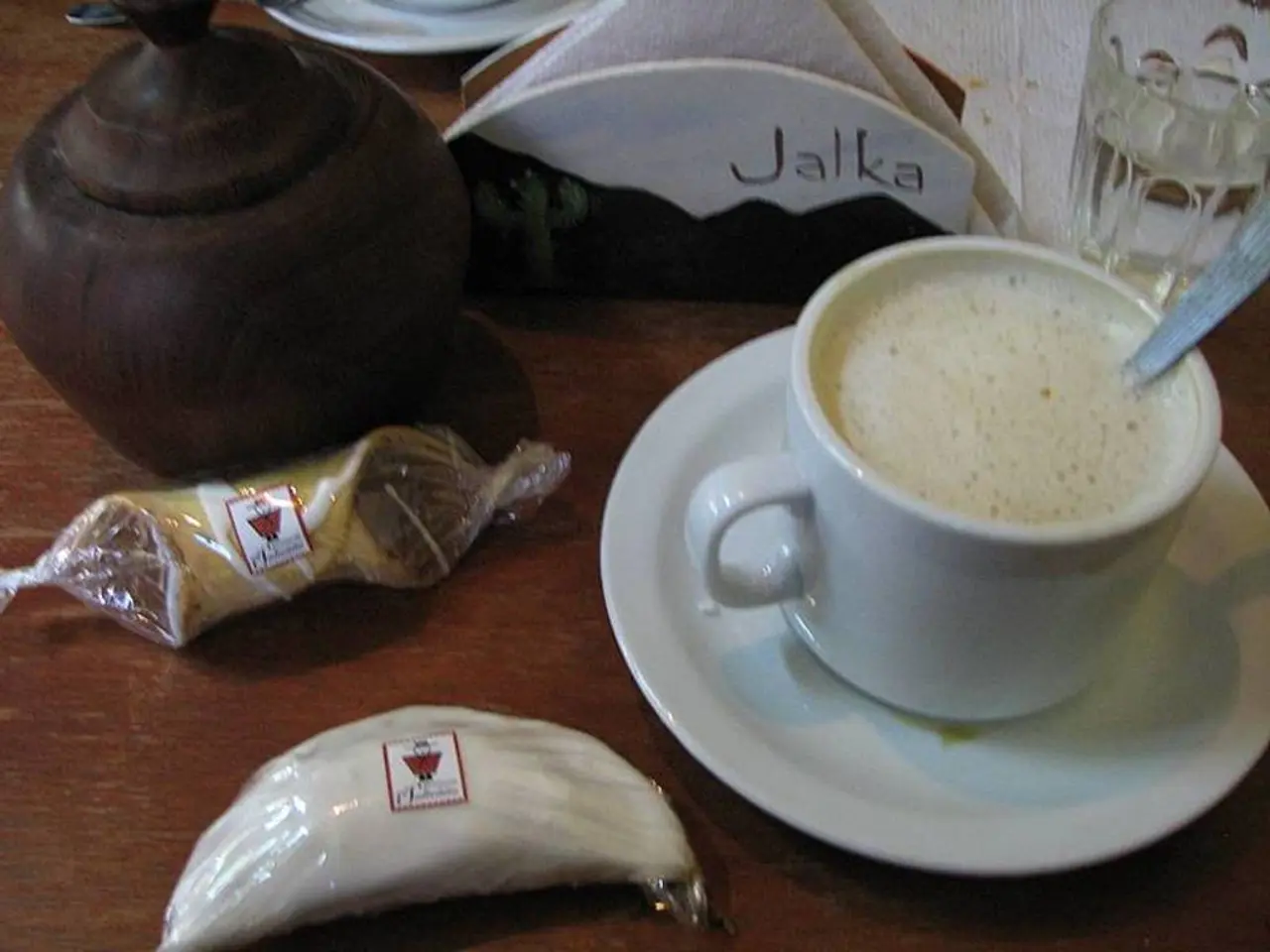Innovative approach aids in improved detection of uncommon neoplasms
The University Medical Center Freiburg in Germany is leading the way in the field of soft tissue tumor diagnosis and treatment, with the Institute of Clinical Pathology adopting a groundbreaking method known as methylation analysis.
This innovative approach, which is carried out using a methylation chip, offers crucial additional information, particularly for rare or challenging-to-classify tumors. The examination process involves applying the tumor DNA to a carrier plate with hundreds of thousands of measurement points, resulting in a detailed methylation pattern.
Methylations, which control gene activity, can indicate the type of tumor. Changes in these patterns are scrutinised by computers, allowing for a comparison with reference data. This comparison aids in securing a diagnosis and administering more targeted therapy more swiftly.
Prof. Dr. Dr. h.c. Martin Werner, Medical Director of the Institute of Clinical Pathology, emphasises the significance of methylation analysis for characterising soft tissue tumors. The method enables more targeted treatment choices, optimising treatment planning for these complex cases.
In the future, methylation analysis could also be beneficial for other types of tumors, such as those in the brain. This new method contributes to a more personalised approach in cancer treatment, offering hope for patients with rare and challenging tumors.
Despite the exciting developments, the identity of the doctor responsible for using methylation analysis at the Institute of Clinical Pathology at the University Medical Center Freiburg remains undisclosed. Nonetheless, the potential impact of this method on cancer treatment and diagnosis is undeniable.
The University Medical Center Freiburg is one of the few facilities in Germany using this method in clinical practice, marking a significant step forward in the fight against cancer.
Read also:
- Peptide YY (PYY): Exploring its Role in Appetite Suppression, Intestinal Health, and Cognitive Links
- Toddler Health: Rotavirus Signs, Origins, and Potential Complications
- Digestive issues and heart discomfort: Root causes and associated health conditions
- House Infernos: Deadly Hazards Surpassing the Flames








